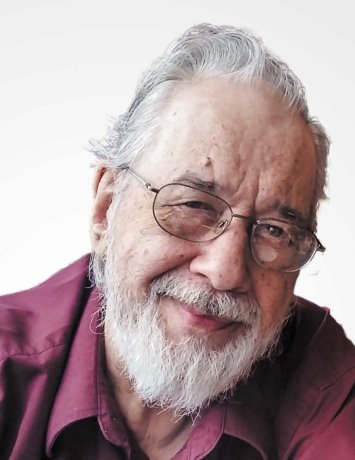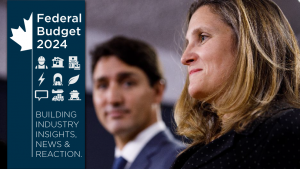So many things have been branded “smart” in recent years that for many people the word has no real meaning left.
We’ve got smartphones, smart thermostats, smart lights, smart cities, smart everything it seems.
Narayan Mandayam is a distinguished professor at Rutgers University in New Jersey. He’s the chair of the department of electrical and computer engineering in the school of engineering and he spends much of his time working on the idea of smart cities.
When Superstorm Sandy whacked New Jersey in 2012, he lost power in his home for five days. The power outage also affected cellular service in his area when backup generators that powered the cell towers went down. He understands the connection between a power outage and a cellular outage.
Being connected is what a smart city is all about.
Mandayam has given a lot of thought to the concept of "smart" and he and his team are presently one year into a four-year research project dealing with smart cities.
A smart city, he says, "is where every device, every entity and every object can connect for whatever the needs are.
"Wireless connectivity is the glue that holds everything together and the bottom line is to improve the quality of life in cities and the quality of the planet."
Working with him is Janne Lindqvist, an assistant professor of electrical and computer engineering and expert on human-computer interaction. Also on the team is Arnold Glass, a professor of cognitive psychology.
The U.S. National Science Foundation (NSF) awarded them a grant of US$916,000 spread over four years. Virginia Tech and Florida International University researchers have related NSF grants.
What the Rutgers team is working on is the integration of critical infrastructure, such as smart transportation, wireless systems, water networks and power grids, into a unified smart city. Critical infrastructure will share energy, computing, wireless services, users and operating personnel, and economic investments.
All the infrastructure faces daily wear and tear, natural disasters such as Superstorm Sandy, and potential malicious actions like cyberattacks on the power grid or Internet.
Among the challenges, Mandayam says, is to isolate failures, which can spread from one piece of infrastructure to others. Protecting smart cities from failures and damage means making everything resilient and reallocating resources toward recovery efforts.
In the last few decades, interdisciplinary research has become common, so it’s not surprising that there is a psychologist on the research team.
Psychology is important because the researchers must account for how they influence people’s behaviour and how that behaviour influences the design of a smart city, says Mandayam. The goal is to nudge people to behave better and make the choices leading to sustainability. How you frame questions or make proposals becomes vitally important.
"Understanding how people behave is integral to a smart city and that’s why the project is so interesting on so many levels," he says.
Like so much research today, the Rutgers project is also driven by demographics.
A release quotes statistics telling us that urban areas are home to 54 per cent of the 7.3-billion people on our planet. But another 2.5 billion will join us by 2050.
That’s why the cities we’re building now can’t be like the cities our predecessors built. And it will be expensive.
"To make a smart city happen," Mandayam says, "a tremendous amount of investment in infrastructure will be needed, but the benefits will likely far outweigh the costs.
"It scares me when I try to imagine what it would mean for congestion, pollution and all the detrimental effects we have on the environment and quality of life if we don’t start doing things to mitigate them."
It scares me too, which is why I’ll stay with the concept of smart cities next week and take a look at Chicago, where they’ve launched what they’re calling an "Array of Things."
Korky Koroluk is an Ottawa-based freelance writer. Send comments to editor@dailycommercialnews.com.











Recent Comments
comments for this post are closed